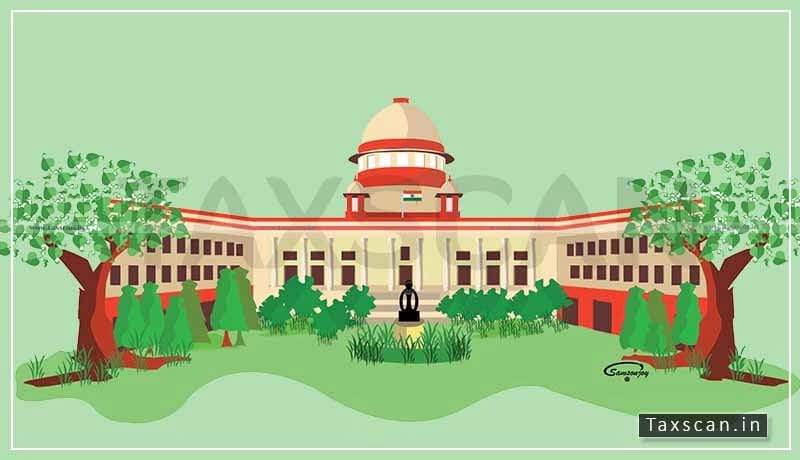Power of Attorney holder of Financial Creditor having Authorisation can file an application for Initiation of CRIP, rules SC

The Supreme Court held that the Power of Attorney holder of Financial Creditor having Authorisation can file an application for Initiation of corporate insolvency resolution process (CRIP).
The NCLAT examined the power of attorney given by the Bank to Mr. Praveen Kumar Gupta and found no merit in the argument of the Corporate Debtor that the application under Section 7 of the Code was not maintainable as it was filed by a power of attorney holder. In so far as limitation is concerned, the NCLAT referred to all the documents as well as the “cut back arrangement” relied on by the NCLT to hold that the application under Section 7 of the Code was filed within the prescribed time. It was further observed by the NCLAT that the Corporate Debtor could not demonstrate any error in the order of the Adjudicating Authority. Accordingly, the NCLAT dismissed the appeal of the Corporate Debtor.
Mr. Rana Mukherjee, Senior Counsel appearing for the Appellants, Rajendra Narottamdas Sheth submitted that the application filed on behalf of the Financial Creditor under Section 7 of the Code was on the basis of a power of attorney. He relied upon a judgment of the NCLAT in Palogix Infrastructure Private Limited v. ICICI Bank Limited1 in which it was held that an ‘authorised person’, distinct from a ‘power of attorney holder’, can file an application under Section 7 and that a ‘power of attorney holder’ is not competent to file an application on behalf of a financial creditor. According to Mr. Mukherjee, the defect in filing of the application by an unauthorised person is not curable. Assuming it is curable, the Financial Creditor failed to rectify the defect within the time stipulated under Section 7 (5) of the Code, in spite of an order passed by the Adjudicating Authority on 22.01.2020 granting time to the Financial Creditor. He submitted that the person who filed the application under Section 7 of the Code is not the authorised representative of the Financial Creditor and therefore, the application was liable to be dismissed.
On the other hand, the Financial Creditor contended that the power of attorney was executed in favour of Mr. Praveen Kumar Gupta, which was perused by both the Adjudicating Authority and the NCLAT to conclude that the application was filed by the authorised person.
The three judge bench of Justice L.Nageswara Rao, Justice B.R.Gavai and Justice B. V. Nagarathna held that the NCLAT was of the opinion that general authorisation given to an officer of the financial creditor by means of a power of attorney, would not disentitle such officer to act as the authorised representative of the financial creditor while filing an application under Section 7 of the Code, merely because the authorisation was granted through a power of attorney. Moreover, the NCLAT in Palogix Infrastructure has held that if the officer was authorised to sanction loans and had done so, the application filed under Section 7 of the Code cannot be rejected on the ground that no separate specific authorisation letter has been issued by the financial creditor in favour of such officer. In such cases, the corporate debtor cannot take the plea that while the officer has power to sanction the loan, such officer has no power to recover the loan amount or to initiate the corporate insolvency resolution process, in spite of default in repayment.
To Read the full text of the Order CLICK HERE
Support our journalism by subscribing to Taxscan AdFree. Follow us on Telegram for quick updates.


